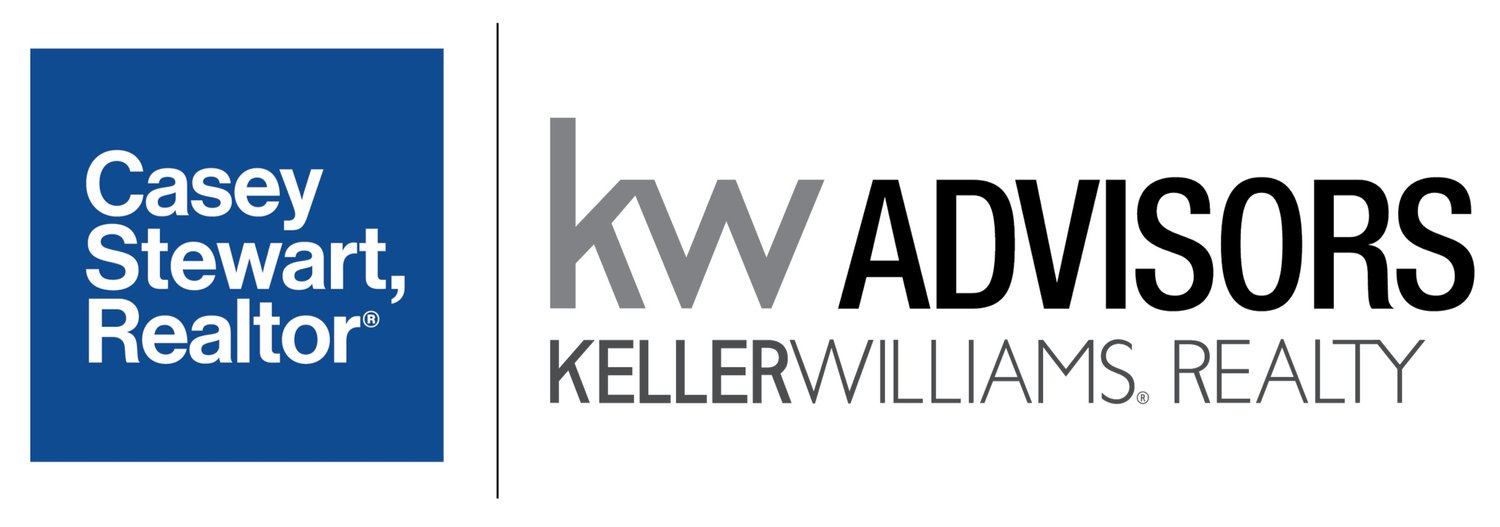Let a Multifamily Property Pay Your Mortgage
/Wikipedia
Rents are rising, and if you pay any attention at all to the news, you'll hear that renters are starting to look more actively for homes to purchase. I was lucky enough to sell my home in California to a woman weary of exorbitant rents in San Francisco back in 2013...and the Midwest (including Cincinnati) is starting to see the same trend. For some, the idea of owning a home rather than paying someone else's mortgage is their version of the American dream. For others, though, the responsibilities and maintenance costs associated with owning a single family home are downright frightening.
Pro tip: You can use the same type of mortgage financing -- even FHA! -- to purchase a 2-4 unit building in Ohio as you would to buy a single family home.
By living in one unit and renting out the others, you'll have a ready-made income stream to help you pay your mortgage and make periodic improvements to the property. You'll be able to balance the peace of mind that comes from knowing who's responsible for fixing things with the security of tenants paying their own utilities (this may vary by building) and ultimately contributing to your bottom line. Renters will likely prefer living in the same building as the owner, because they know you will be even more invested in making sure the place is livable. This would also be a great solution if you're self-employed, or if you want to stay home with the kid(s). And best of all, when you're ready for a single family home of your very own, you'll still have this awesome income property!
The downside? Obviously, you won't have as much privacy in a multifamily as you would in a single family home. You'll also need to learn all the ins and outs of being a landlord, such as tenants' rights, housing discrimination laws, calculating and tracking your rental income, rental deposit limits and record keeping, and so on. And you'll still be responsible for any major repairs just as you would be with a single family home.
Choosing the right multifamily will depend on your particular needs and skill set. If you're going to live there, it will need to be in a neighborhood you like and would enjoy living in; the more popular the better if you want to attract a constant stream of tenants! If you're not too handy and the thought of following YouTube video tutorials makes you squirm, try looking for a building that has been recently updated and has no significant inspection issues -- it may cost more up front, but it will give you time to either develop handyman skills or find a good one to keep on call. Other good things to consider during your search would be parking, public transportation access, and available storage.
Do you have a story about owning and occupying a multifamily? Tell me in the comments!



